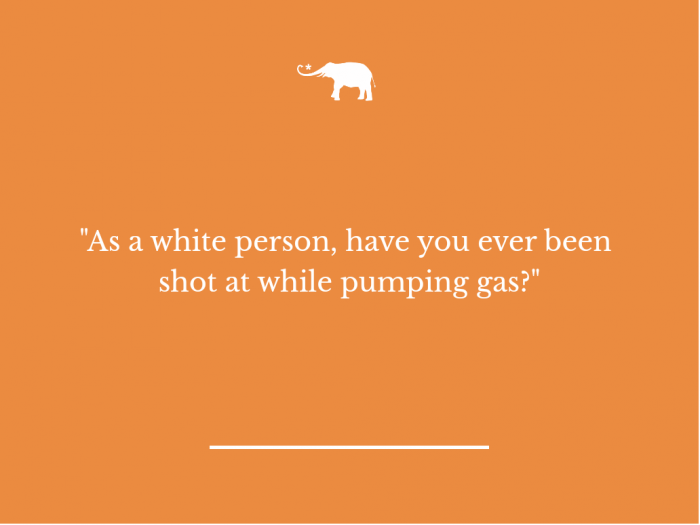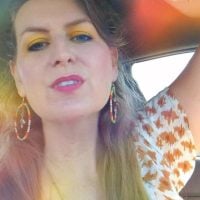When my college announced that our Commencement Keynote Speaker would be legendary Social Justice Educator and Activist, Angela Davis, I was ecstatic.
It feels really fitting to have her particular words of wisdom at this junction of my education and career trajectory. When she addressed the 21st-century abolitionist movement and the importance of the language we utilize in a heteropatriarchy, she validated my passionate decision to earn a BA in Women’s Studies over a decade ago.
Back then, I felt as if I majored in both the present and the future.
When she addressed the true meaning of the phrase “lockdown” as a prisoner herself who experienced solitary confinement, she reminded me of the vital work ahead of me, as one more woman heads to work in the legal industry after graduating this year.
This notorious woman, who was once on the FBI’s 10 Most Wanted List, dares us to imagine a world without prisons. This is the kind of law I want to support; one that reforms, rehabilitates, and educates—not one that simply locks down with inhumane force and throws away the key.
Davis shone a rightful light on how a global pandemic has intensified structural racism and our fervent response to it. Most importantly, she articulated how white people, such as myself, should not applaud themselves on the back for “not seeing color” because that is “Color Evasiveness” and missing the point.
When my job as a manager was put on hold by the pandemic, I sought other opportunities to find work and be in the local community. One company I worked for put me directly in the margins assisting folks on state benefits in East Oakland. I know exactly what Davis referred to when she said white people are of no benefit when they attempt to be “colorblind,” and I fully agree. I don’t know how I, as a white person, could possibly attempt to be colorblind when I was having daily conversations with new prison releasees, with gun violence victims who were lifting their shirts to show me their bullet scars, and with parents who opened their cell phones to show me photos of the children they lost to gun violence.
And you know what? They were as interested in my response to their lives and wanting to know how I was planning to vote in November, as I was in their lives.
We really connected.
This 2020 experience brought a new term to my mind, which I think white people can relate to, and that is “Bothered Empathy.” So, no, I was not colorblind when working in East Oakland and the surrounding communities of South San Francisco and Santa Cruz—I was color empathizing to the point that I gave a care so much it bothered me on a deeper emotional level. Especially when I met the mother whose 20-something son was shot and killed in 2020 and, on the day I met her, she was wearing an R.I.P. mask with his name on it. When she shared the experience with me, I told her that the week prior, I had heard the sirens nearby at 3:00 in the afternoon. I was bothered by the sound then. I can’t begin to express how bothered I was a week later when I met the woman whose life was permanently altered by those sirens.
It is one thing to study in a classroom, which is important. But Davis reminded us that the point is to change the world.
I urge all people, especially white people, to leave their comfort zone, have the hard conversations that look and connect with what color really means in the United States until we are as bothered as our Black sisters and brothers are and have been. Then, we may be able really to change the world.
Let’s connect and not be afraid to do so! Let’s empathize until we fully comprehend the actual and factual reality of the BLM movement, as it is so much more vast than simply a racist and ill-trained policing system. For example, as a white person, have you ever been shot at while pumping gas?
Let’s familiarize ourselves with these daily stories that go on in our own country and state. If I can do it, so can you.
~











Read 4 comments and reply